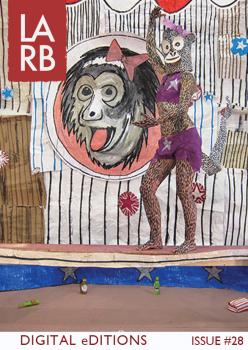ТОП просматриваемых книг сайта:
Отсутствует
Список книг автора ОтсутствуетАннотация
As the demand for food banks and other emergency food charities continues to rise across the continent, this is the first systematic Europe-wide study of the roots and consequences of this urgent phenomenon. Leading researchers provide case studies from the UK, Finland, Germany, Italy, the Netherlands, Slovenia and Spain, each considering the history and driving political and social forces behind the rise of food charity, and the influence of changing welfare states. They build into a rich comparative study that delivers valuable evidence for anyone with an academic or professional interest in related issues including social policy, exclusion, poverty and justice.
Аннотация
Comedians really want to make us cry. The best reaction they can hope to elicit is tears — laughter, sure, but it’s the tears they’re after. Like almost every other human emotion, there is an emoji depicting this phenomenon online: a round yellow face with an absurdly broad, open smile, eyebrows furrowed and eyes pressed closed, a pendulous teardrop dangling from each corner. It’s the face comedians want to see most, along with “Spit-take Emoji” and “Peeing-my-pants-laughing Emoji.” Comedians are after our bodily fluids. But why?The essays in this month’s Digital Edition are unanimously concerned with the proximity of comedy to our graver emotions. Whether demonstrating the ameliorative quality of humor in dealing with our innermost fears, grappling with loneliness, growing up without a father, or processing grief, these examples of humor writing and criticism attend to, rather than shying away from, our common discomfort. Lightness and play are, in fact, qualities that allow us to shrug off our heaviest burdens. The lightness of comedy is very much the subject of these essays— except, of course, when it comes to jokes, which they take very seriously. Please be advised: these essays are heavy on jokes.










